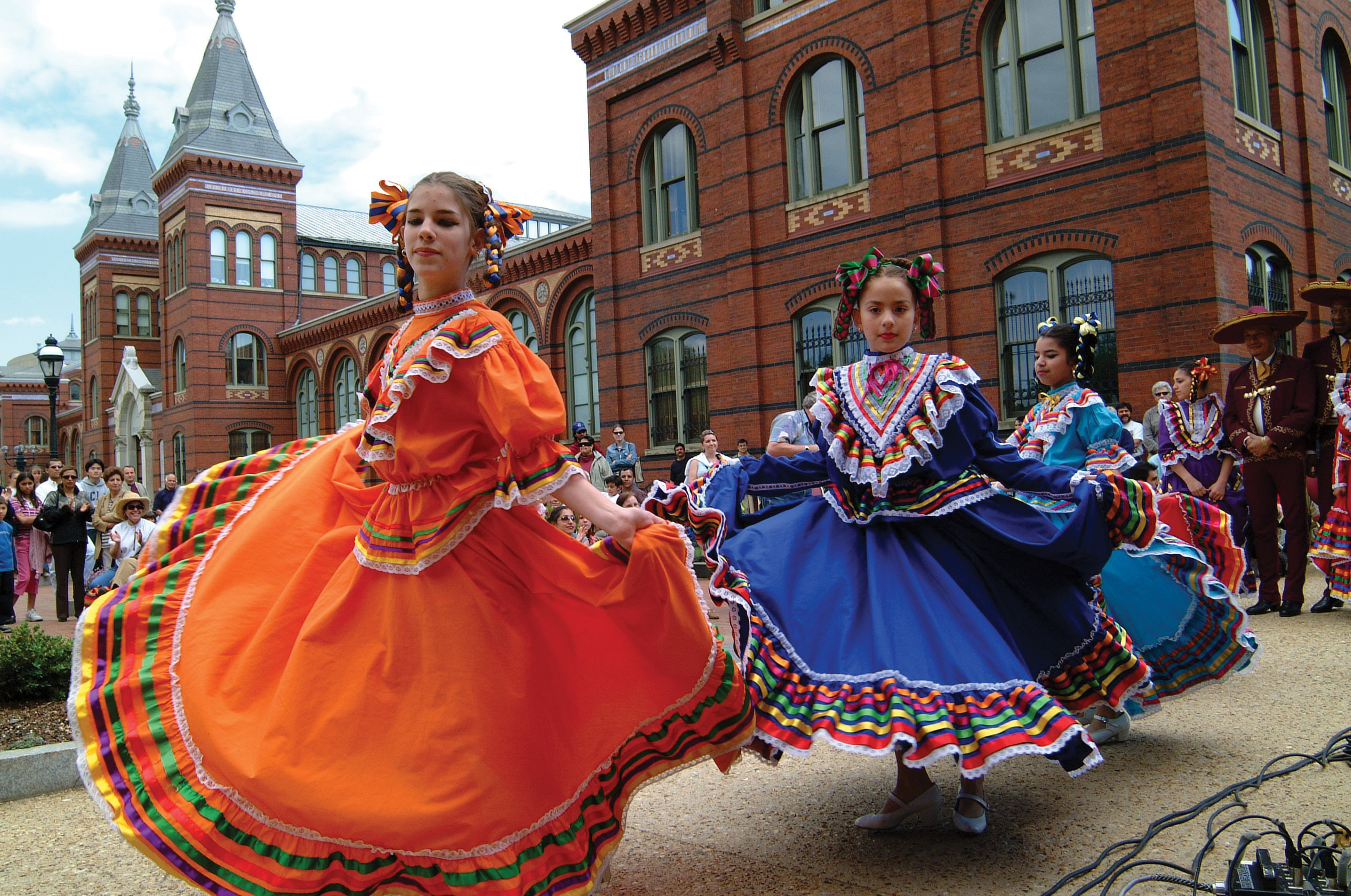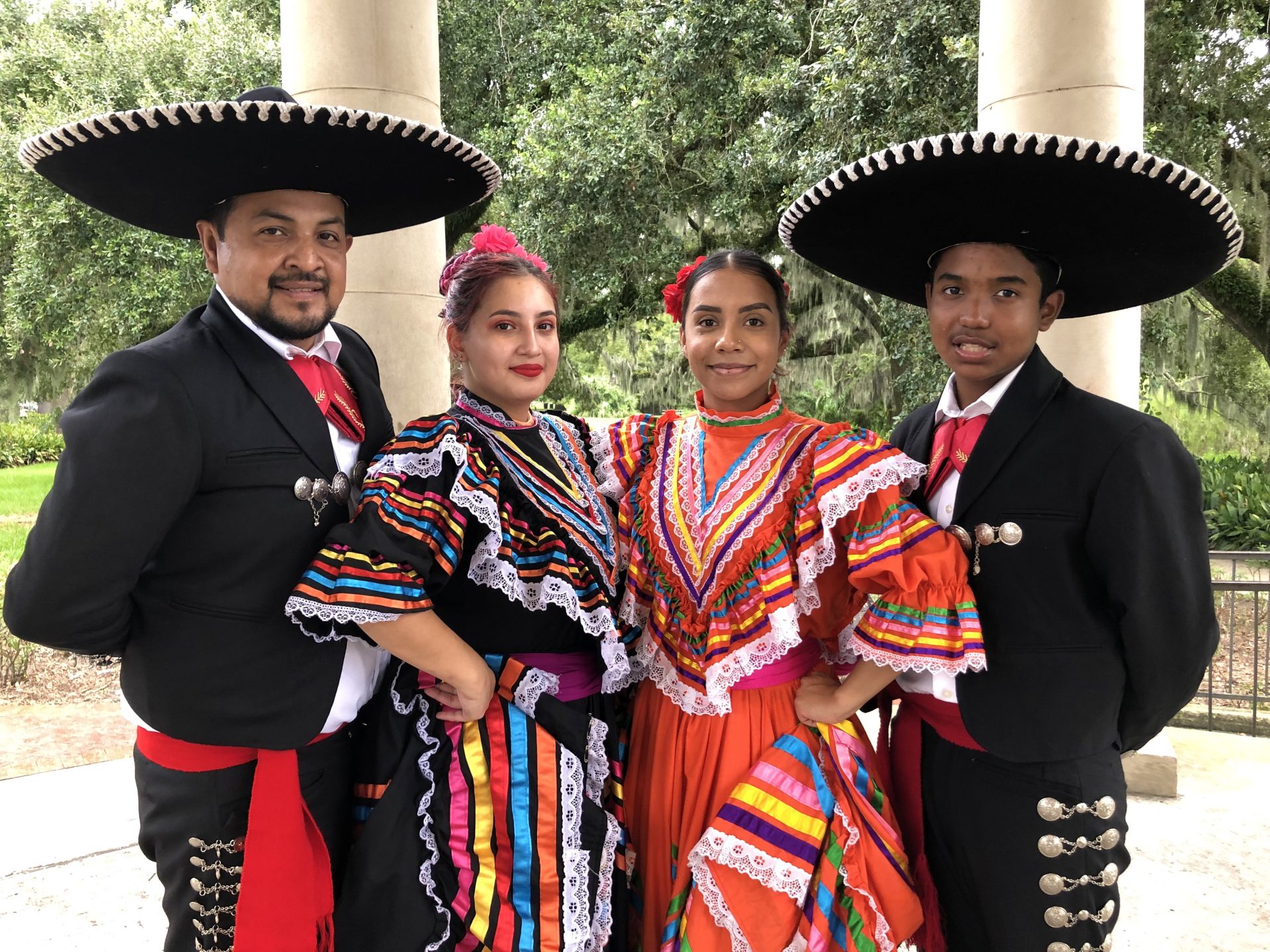Discovering Hispanic Last Names: Meanings, Origins, And Cultural Connections Today
Detail Author:
- Name : Patsy Nitzsche
- Username : josh86
- Email : ohamill@runte.org
- Birthdate : 1974-09-10
- Address : 5388 Margaretta Rest Apt. 997 Murphytown, WV 59047-8766
- Phone : 248.853.7798
- Company : Sipes-Kulas
- Job : Command Control Center Specialist
- Bio : Eveniet saepe cum doloribus velit. Error asperiores labore ut expedita a autem. Tempore quo incidunt aut reprehenderit asperiores atque. Incidunt mollitia est quo.
Socials
twitter:
- url : https://twitter.com/hilario1545
- username : hilario1545
- bio : Rerum voluptatem commodi neque. Laboriosam vel voluptas unde esse. Atque eum ut vel quis.
- followers : 6698
- following : 1664
facebook:
- url : https://facebook.com/koepp2019
- username : koepp2019
- bio : Et dicta eligendi sed quis eos. Ducimus hic atque pariatur et quibusdam.
- followers : 5263
- following : 844
linkedin:
- url : https://linkedin.com/in/hkoepp
- username : hkoepp
- bio : Aliquid sed est non et ad quia blanditiis.
- followers : 2559
- following : 60
Names carry stories, don't they? They tell us where we come from and connect us to a past we might not even know about. For many, exploring Hispanic last names opens up a truly fascinating look into family history and broad cultural threads. So, you know, these names are more than just labels; they are a part of a rich heritage.
This guide will help you understand how Hispanic last names came to be, what they mean, and how they have changed across many generations and different places. We will look at their beginnings in history and talk about some less common ones, too. It's really quite interesting to see, in a way, how they have traveled.
Whether you are looking into your own family's Spanish surnames or just searching for a name that feels right, this guide shows you the very engaging world of Hispanic family names. You will find out about the top 100 most common Hispanic last names, their meanings, where they started, and what they mean culturally. It's almost like a treasure hunt, if you think about it.
Table of Contents
- Introduction
- What Makes Hispanic Last Names Special?
- A Look at History: How Hispanic Last Names Began
- Popular Hispanic Last Names: Where Are They Found?
- Uncovering Meanings and Origins
- Finding Your Family's Story
- Frequently Asked Questions About Hispanic Last Names
- Exploring More About Hispanic Family Names
What Makes Hispanic Last Names Special?
Hispanic last names, also often called Spanish last names, are a really interesting part of Hispanic culture. They have a long story, going back to the Middle Ages, and are a pretty big deal, actually. You see them everywhere, from Spain to Latin America, the Caribbean, and even North America, which is something.
The Two-Surname Tradition
One distinct thing about Hispanic people is that they typically have two last names. This is something that, you know, stands out. One name comes from the father's side, and the other comes from the mother's side. It's a way of recognizing both family lines, which is rather unique.
This practice shows a deep respect for both parents' family backgrounds. So, when you meet someone with two last names, you are seeing a bit of their family tree right there. It's a system that, in a way, keeps family connections strong and clear.
Women and Maiden Names
In Hispanic culture, women usually keep their maiden name even after marriage. This is something that, quite honestly, differs from some other traditions. They do not typically change their last name to their husband's, which is interesting to note.
This means a woman keeps her original family identity throughout her life. It is a custom that, in some respects, highlights the importance of her birth family's lineage. This practice helps maintain a clear link to her heritage, which is a big part of it.
A Look at History: How Hispanic Last Names Began
The story of Hispanic last names is a long one, stretching back many centuries. It tells us about how people lived, where they came from, and what they did. This history, you know, gives us a lot to think about.
From the Middle Ages
Hispanic last names have a long history, dating back to the Middle Ages. During that time, people started to use more than just a single name to tell each other apart. This was, in fact, a very important step in how names developed.
Many names came from a person's father, a place they lived, a job they did, or even a trait they had. For example, "Hernández" means "son of Hernán," which is pretty straightforward. These names, therefore, served as early identifiers for communities.
Evolution Across Borders
These names did not just stay in one place; they traveled. They moved from Spain to Latin America, the Caribbean, and then to North America, too. This movement shows how people moved and how cultures mixed, which is a bit amazing.
As people settled in new lands, their names adapted and spread. This evolution across borders helps us understand how Hispanic identities have been shaped over time. It is a story of movement and connection, basically.
Popular Hispanic Last Names: Where Are They Found?
If you look at lists of common names, you will see many Hispanic last names pop up again and again. These names are, you know, very widespread. We can find them in different countries, and their popularity tells us a lot about history and migration.
In Spain
In Spain, you will find some very common Spanish surnames. These are names that have been around for a very long time, actually. Names like García, Rodríguez, and Fernández are often at the top of the lists there.
These names often come from old personal names or places. Their frequency in Spain shows their deep roots in the country's history. It is, in some respects, a direct link to the past.
Across Latin America and the Caribbean
You can find the most popular Spanish surnames in Mexico and other Latin American countries. This includes places like the Hispanophone Caribbean, such as Puerto Rico, Cuba, and the Dominican Republic, too. The names here often reflect the early Spanish presence, which is quite clear.
The frequency of each surname can vary a bit from country to country, but many are shared across the region. This is because of shared history and migration patterns, naturally. We can see the origin, meaning, and frequency of each surname in numerically descending order if we look at the data, which is useful.
For instance, names like González, Pérez, and Sánchez are very common in many of these nations. These names, you know, echo the historical connections across these lands. They are a big part of the cultural fabric there.
The United States Perspective
In this section, we will look at the most popular Hispanic last names in the United States. These names have become very common across the country, actually. The most recent statistics we have for these Hispanic last names show their widespread presence, which is quite telling.
Names like Garcia, Rodriguez, and Martinez are frequently seen on lists of common surnames in the U.S. Their popularity shows the significant Hispanic population and its long history in the country. It is, in a way, a reflection of changing demographics.
Uncovering Meanings and Origins
Every last name has a story, a meaning that connects it to a time or a place. Learning these meanings can be a very interesting experience, actually. It is like opening a window into the past, if you think about it.
A Window into Heritage
This comprehensive list of Hispanic last names and their meanings gives a window into the cultural heritage and societal influences that have shaped Hispanic identities. It is a really good way to learn about where people come from, too. You see how professions, places, and personal traits became names.
For example, "Herrera" means "blacksmith," which tells you about an old occupation. "Castillo" means "castle," suggesting a connection to a specific place. These meanings, therefore, offer a direct link to the lives of ancestors.
Common Themes in Surnames
You will find common themes when you look at the origins of Hispanic last names. Many are patronymic, meaning they come from a father's first name, like "Martínez" (son of Martín). This is a very common pattern, in fact.
Others are toponymic, meaning they come from a place, like "Torres" (towers). Some are occupational, like "Zapatero" (shoemaker). And some describe a person, like "Delgado" (thin). These themes, you know, show how names were formed.
Finding Your Family's Story
Whether you are exploring your genealogical Spanish surnames or searching for the perfect name for something new, this guide reveals the fascinating world of Hispanic family names. It is a truly rewarding journey, in some respects. You can learn about the rich history behind each surname from Spain, Mexico, and other places, too.
Discover the top 100 most common Hispanic last names, their meanings, origins, and cultural significance. This can help you connect with your roots or just satisfy your curiosity. It is, you know, a way to understand a piece of history.
You can also discover popular Hispanic last names, including Hispanic surnames from A to Z. Learn the meaning and origin of common family names. This knowledge can be very helpful for family research, actually, and for understanding cultural ties.
Frequently Asked Questions About Hispanic Last Names
Why do Hispanic people have two last names?
Hispanic people typically have two last names to honor both their father's and mother's family lines. The first last name comes from the father, and the second comes from the mother. This tradition, you know, reflects a deep cultural value placed on both sides of the family. It is a way to show respect for both lineages, which is pretty common.
Do Hispanic women change their last name when they get married?
No, in Hispanic culture, women usually keep their maiden name even after marriage. They do not typically adopt their husband's last name. This practice, in fact, helps them maintain their original family identity throughout their lives. It is a long-standing custom, which is quite interesting.
What are some of the most common Hispanic last names?
Some of the most common Hispanic last names include García, Rodríguez, Fernández, González, and López. These names are very popular in Spain, Mexico, other Latin American countries, and the United States, too. They often have historical origins, like meaning "son of" a certain person, which is pretty neat.
Exploring More About Hispanic Family Names
Hispanic last names, also known as Spanish last names, are a rich and fascinating part of Hispanic culture. They have a very long history, dating back to the Middle Ages, and are an important part of identity today. We love how a Spanish last name, you know, rolls off the tongue. It sounds quite nice, actually.
You will find these names everywhere, from Spain to Latin America, to the Caribbean, and to North America. Their widespread presence shows the reach of Hispanic culture and its enduring legacy. It is a clear sign of connection across many lands, in some respects.
For more insights into naming conventions and cultural practices, you can learn more about Spanish names on our site. Also, you can explore the history of names further by looking at this page Spanish naming customs. This will give you a deeper look into the system, too.


